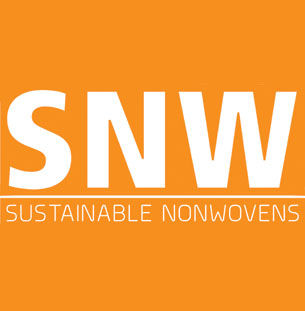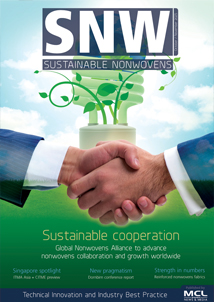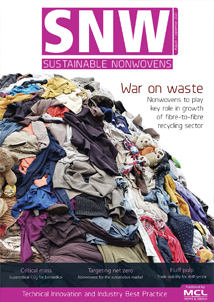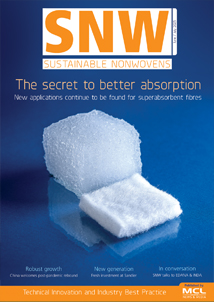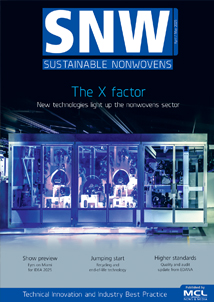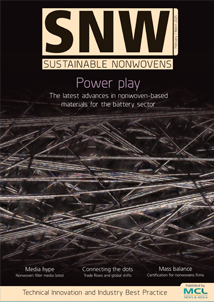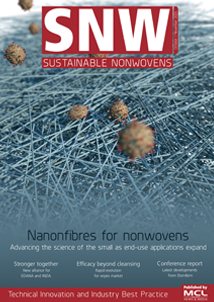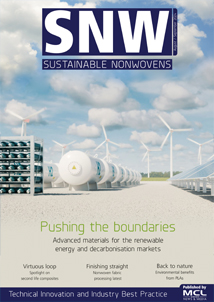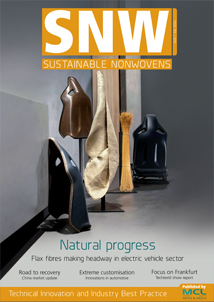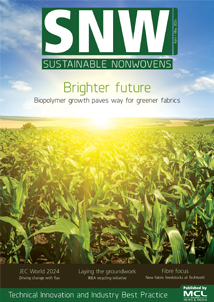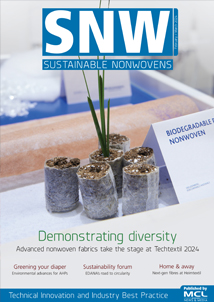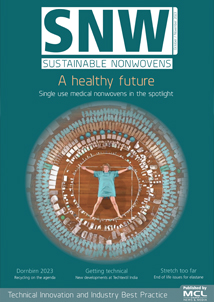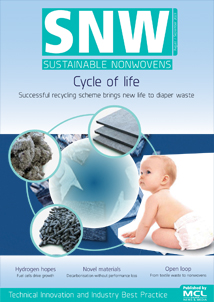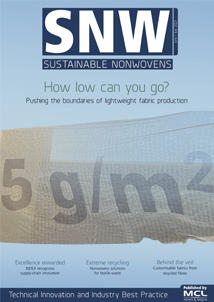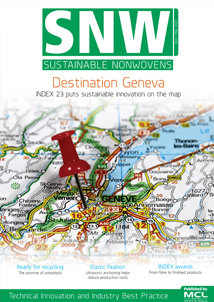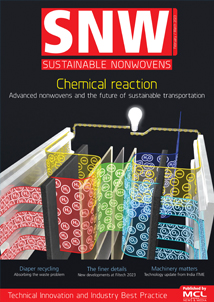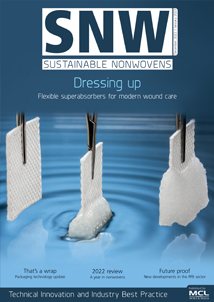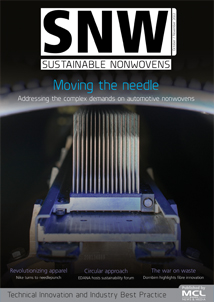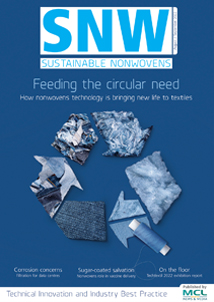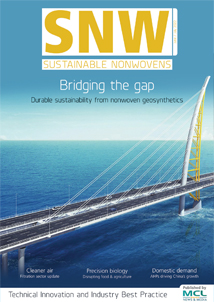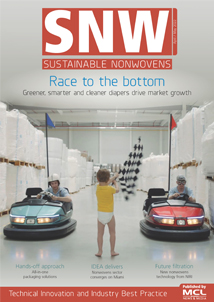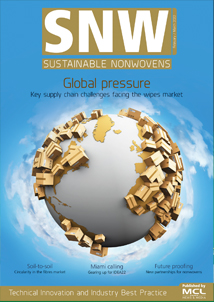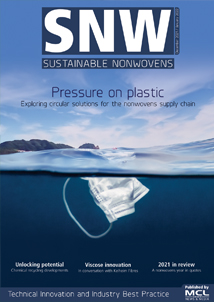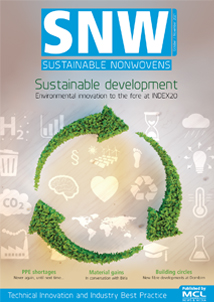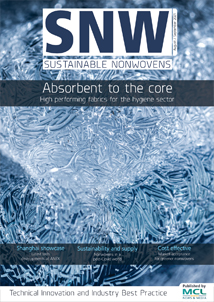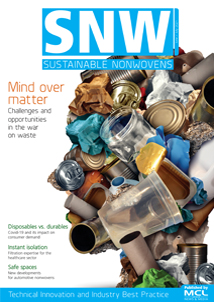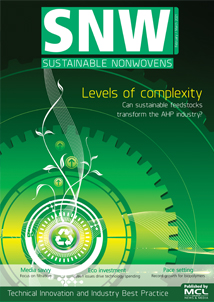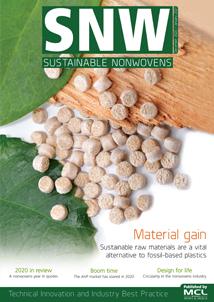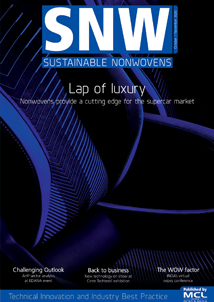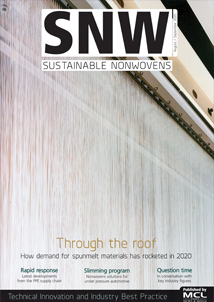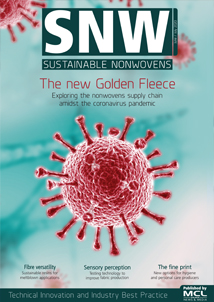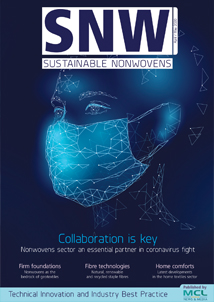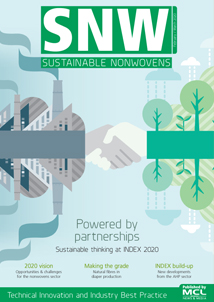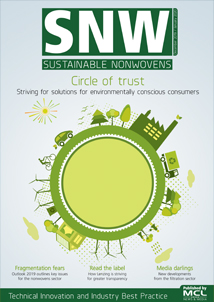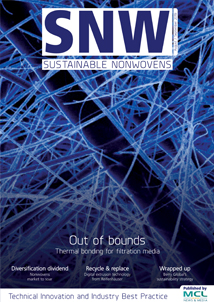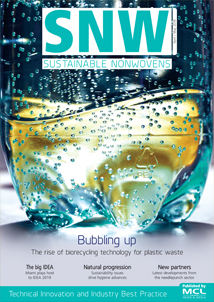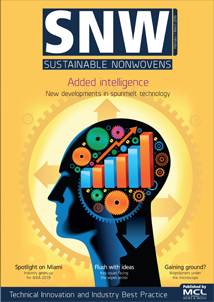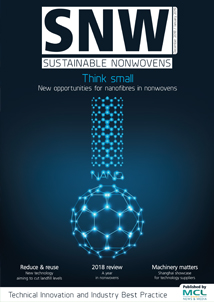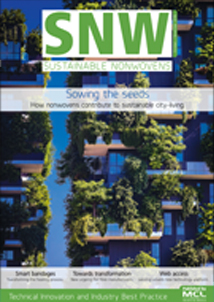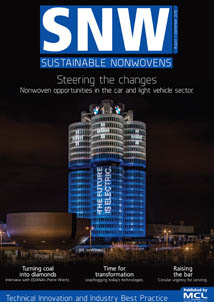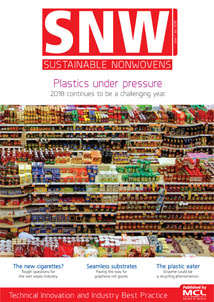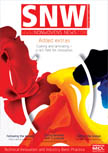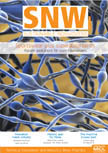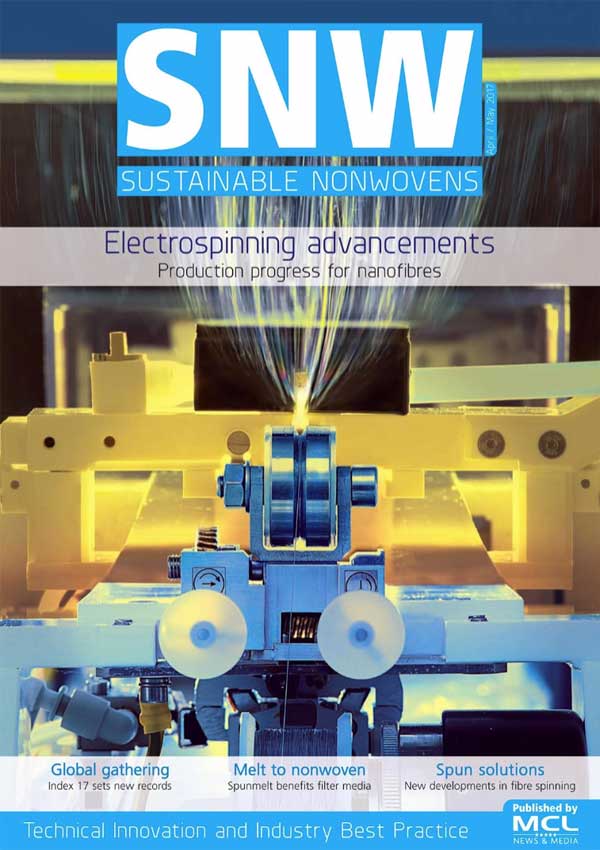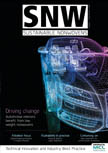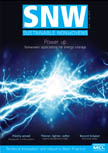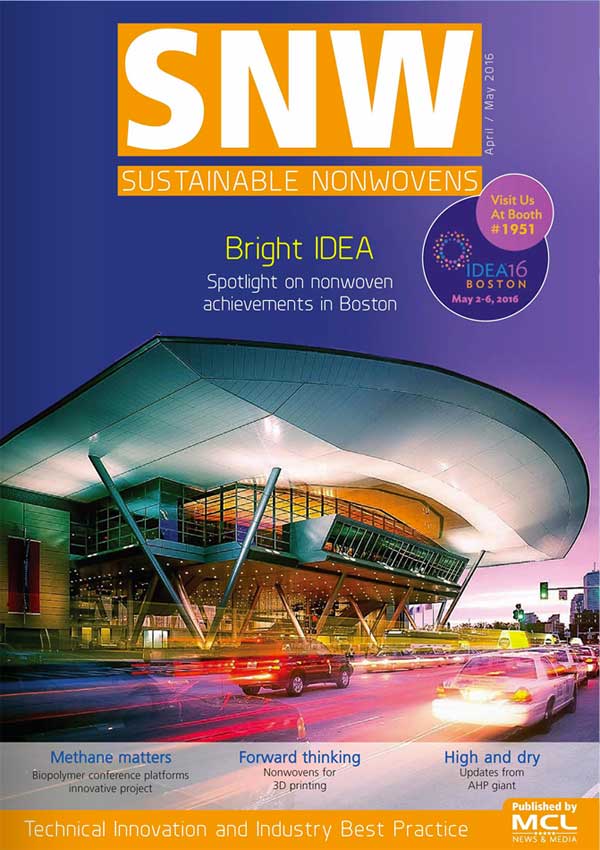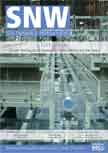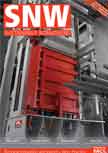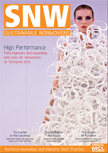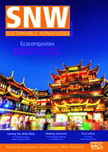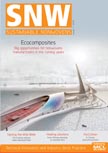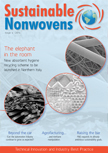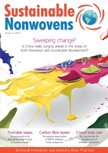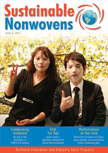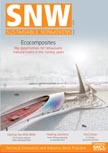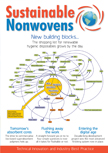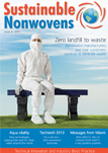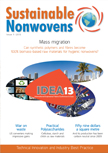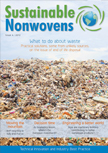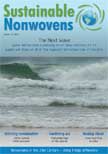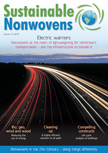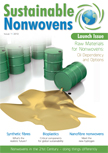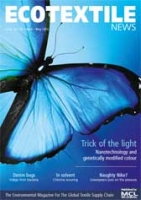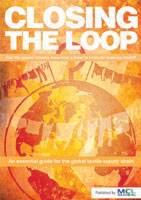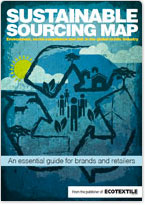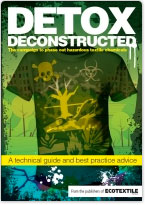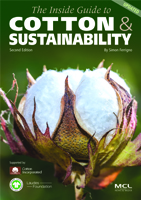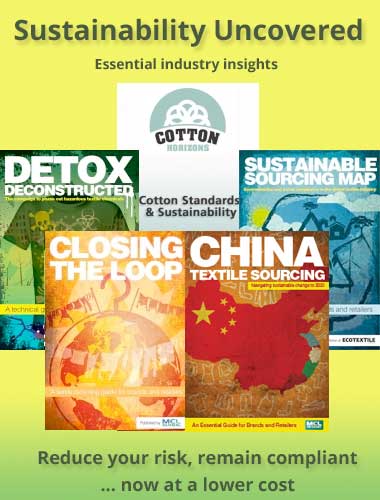 The recent development of South Korea’s chemical fibres industry has involved a concentration on highly specialised products in key developing markets.
The recent development of South Korea’s chemical fibres industry has involved a concentration on highly specialised products in key developing markets.
Speaking at the 2013 Dornbirn Manmade Fibre Conference in Austria, Yoseung Ho, of Huvis Corporation, said that for thirty years, up until 2001, South Korea’s industry achieved rapid growth, but was subseqently and very quickly overshadowed by the industries of China and India.
At its 2001 peak, South Korean chemical fibres production was around 2.5 million tons, but in 2012 down to 1.46 million tons – although this was a slight increase over 2011 and with substantial value added compared to back in 2001. The 2012 figure comprised 763,000 tons of polyester filament, 530,000 tons of polyester staple, 132,000 tons of nylon filamentand 47,000 tons of acrylic.
Huvis itself is South Korea’s largest polyester producer and the eighth biggest in the world, with 2012 sales of around $1.5 billion.
The fields defined in South Korea as areas of ‘6T Convergence’, as the prime drivers of post-industrial production, are:
• Information Technology
• Biotechnology
• Nanotechnology
• Environmental Technology
• Space Technology
• Culture Technology
In its efforts to develop new fibres in compliance with 6T, recent Huvis new products for nonwovens and technical textiles have included:
• Meta-One, a meta-aramid with thermal stability at over 200°C and good electrical insulation, with applications in bag filters and protective clothing.
• MiniMax W, a short-cut and low melt (120°C) polyester of between 3-12mm for filters and also wallpaper substrates.
• EcoEver, a recycled polyester with moisture management functionality.
• Lomella, a polyester with a variable melting temperature of between 110-180°C for application in automotive and construction nonwovens.
• Elastic LM, characterised by both excellent elasticity for a polyester, as well as high air permeability.
• XeroXy, an inherently flame retardant polyester.
In addition, Huvis has partnered with other companies to introduce special fibres to the South Korean and local markets including:
• Zeta-One, a PPS fibre with high acid and alkali stability, high thermal stability and shrinkage of less than 2%, for application in bag filters for power stations, based on Ticona.
• Memory Eco, a shape mamory PPT fibre manufactured from biomass, developed with DuPont.
• Bico Olefin, a bio-based polypropylene for hygienic disposables, facemasks, etc., developed with Toyoda Tshusho and Honam Petrochemical.
“We believe that by adhering to the needs of 6T, we have developed a very successful strategy for going forward,” Mr Ho concluded.
